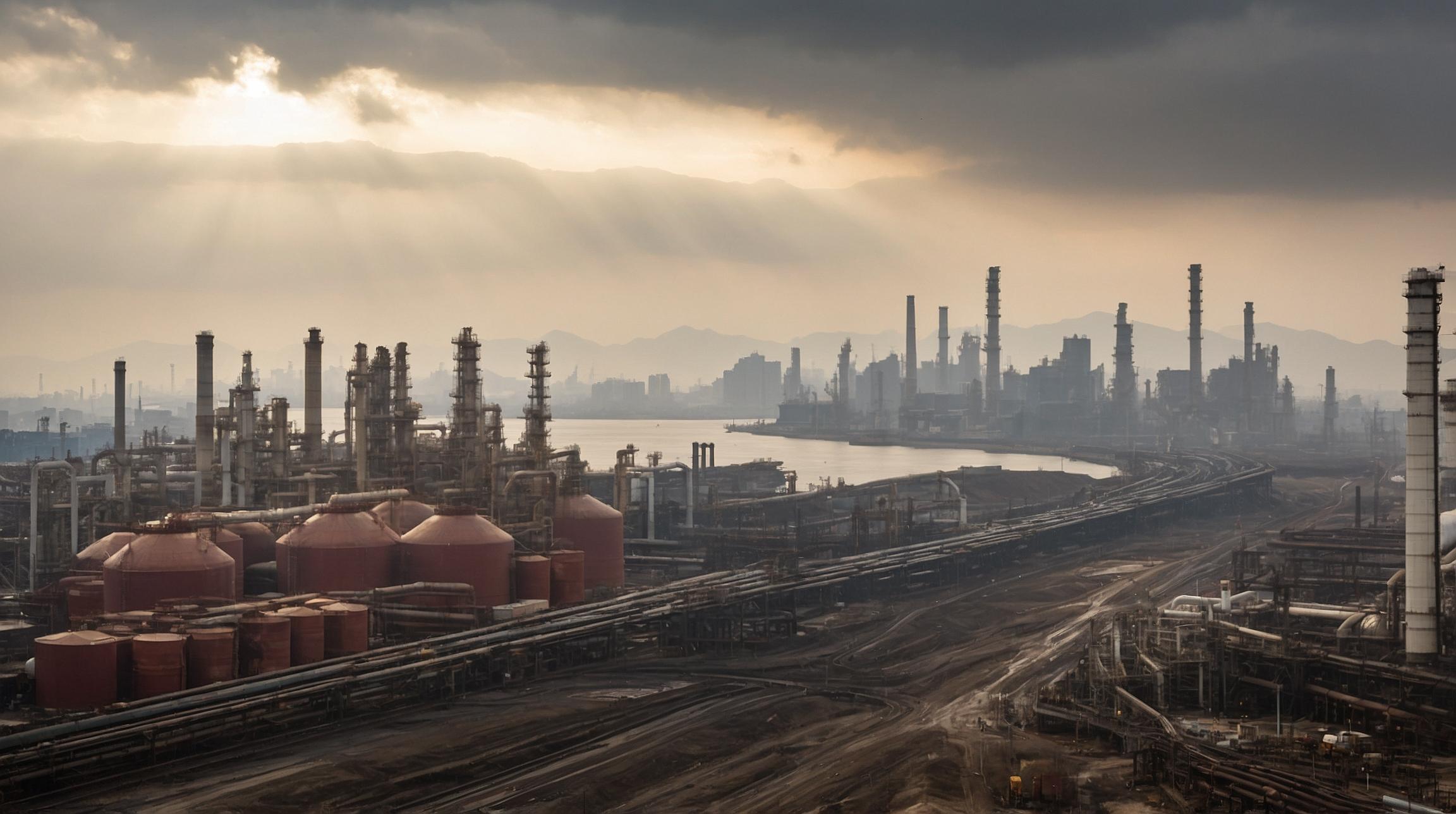Chinese Oil Demand Continues to Fall
The International Energy Agency (IEA) has announced that Chinese oil demand has decreased for the third consecutive month as of June, primarily due to reduced industrial activity. This trend is significantly impacting the global oil market.
Impact on Global Oil Demand Forecast
Despite this decline, the IEA's 2024 global oil demand forecast remains unchanged. However, the outlook for 2025 has been adjusted downward, reflecting concerns over the weakened Chinese economy's effect on oil consumption.
Underlying Reasons for Decline
According to the IEA's August report, the reduction in oil demand is mainly attributed to a decrease in industrial inputs, notably in the petrochemical sector. Preliminary trade data indicates further weakening in July, with crude oil imports falling to their lowest levels since the lockdowns in September 2022.
Comparative Global Oil Demand Growth
Globally, oil demand rose by 870,000 barrels per day in the second quarter of 2024. However, growth was constrained by China's economic slowdown. The IEA predicts that demand will increase by less than one million barrels per day in 2024 and 2025, a stark contrast to last year's growth of 2.1 million barrels per day.
Factors Contributing to Chinese Slowdown
The slowdown is linked to China's broader macroeconomic performance issues, particularly the prolonged property sector crisis. This crisis has dampened manufacturing and consumption, consequently slowing oil demand.
Potential for Government Intervention
Paul Hasselbrinck, an analyst at GlobalData, suggests that the Chinese government may introduce fiscal stimulus measures to counteract economic pressures, potentially spurring demand growth next year.
OPEC+ Production Cuts and Global Supply
OPEC+ has not yet altered its strategy to gradually reduce voluntary production cuts scheduled to start in Q4. The IEA estimates that global inventories could rise by an average of 860,000 barrels per day next year, assuming non-OPEC+ supply increases.
Supply Challenges and Market Impact
Despite supply constraints, the peak summer season has not driven higher-than-expected demand, leading to refined margins being squeezed. However, keeping pace with current demand levels is not anticipated to be a major challenge, according to industry experts.













